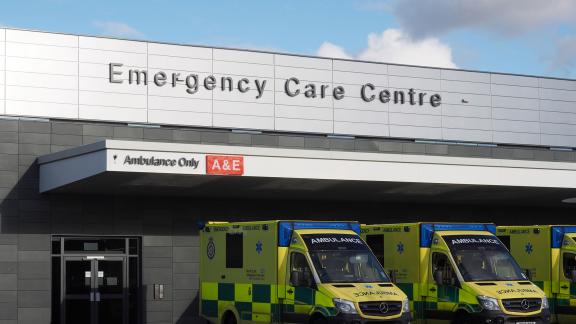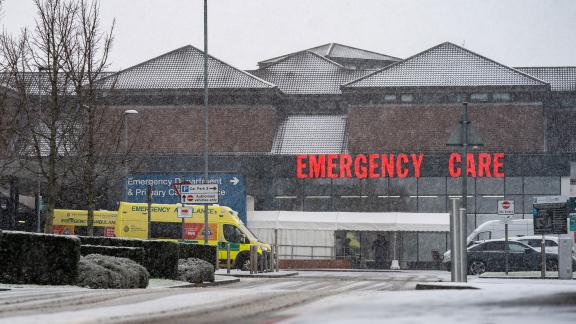NHS Confederation responds to Public Accounts Committee report on Access to Urgent and Emergency Care

Responding to the Public Accounts Committee's inquiry report on Access to Urgent and Emergency Care, Rory Deighton director of the NHS Confederation’s acute network said:
"This report from the Public Accounts Committee highlights what NHS leaders see in their services every day – the pressures on urgent and emergency care seen in many parts of the country are as much a symptom of wider challenges across the system as they are about the services themselves.
"The emphasis the committee’s report puts on delayed discharge to social care and community services is welcome. In addition to primary care and community-based mental health services, these are critical to ensuring flow through the system so that patients are cared for in the right place, at the right time, rather than becoming acutely unwell or being in hospital for longer than is medically necessary.
"Addressing the pressures on urgent and emergency care will only be effective if government take a system-wide approach. ICS leaders tell us a key part of this needs to include them being given general allocations to better plan for increased pressure during winter in a way that best meets the needs of the local communities they serve and ensures best value for the taxpayer, rather than short-term pots of money for prescriptive interventions.
"NHS leaders will also welcome the emphasis the committee has put on the need for the NHS Long-Term Workforce Plan to be fully funded. This is critical to ensuring the NHS can deliver it.
"Most pressingly as the NHS moves towards another difficult winter, NHS leaders need to see government allocate funding to make up the estimated £1.4 billion cost of ongoing industrial action. Without it, NHS leaders warn us they are facing impossible decisions including restricting the number of extra beds they open in winter which will reduce vital capacity."



